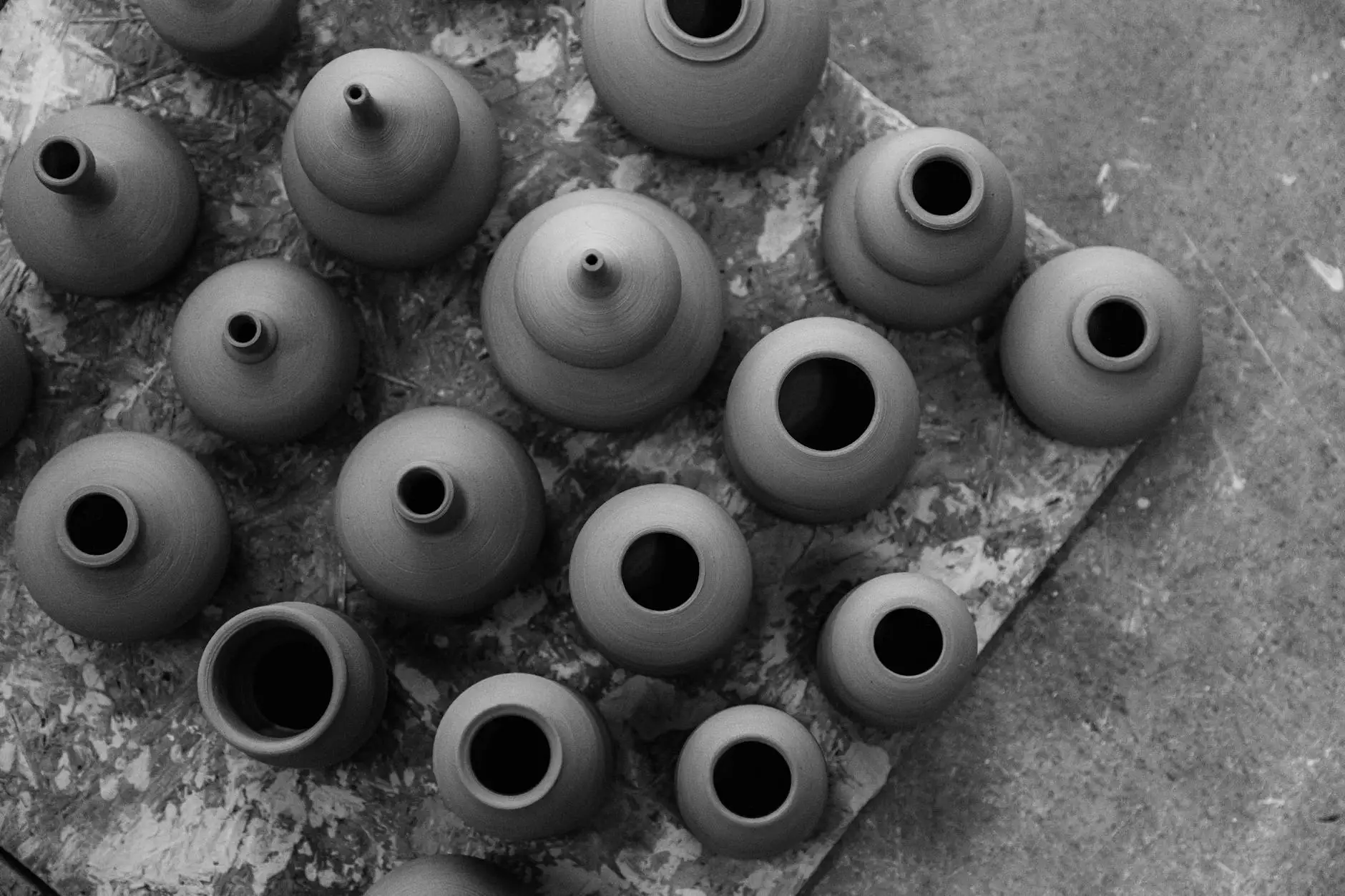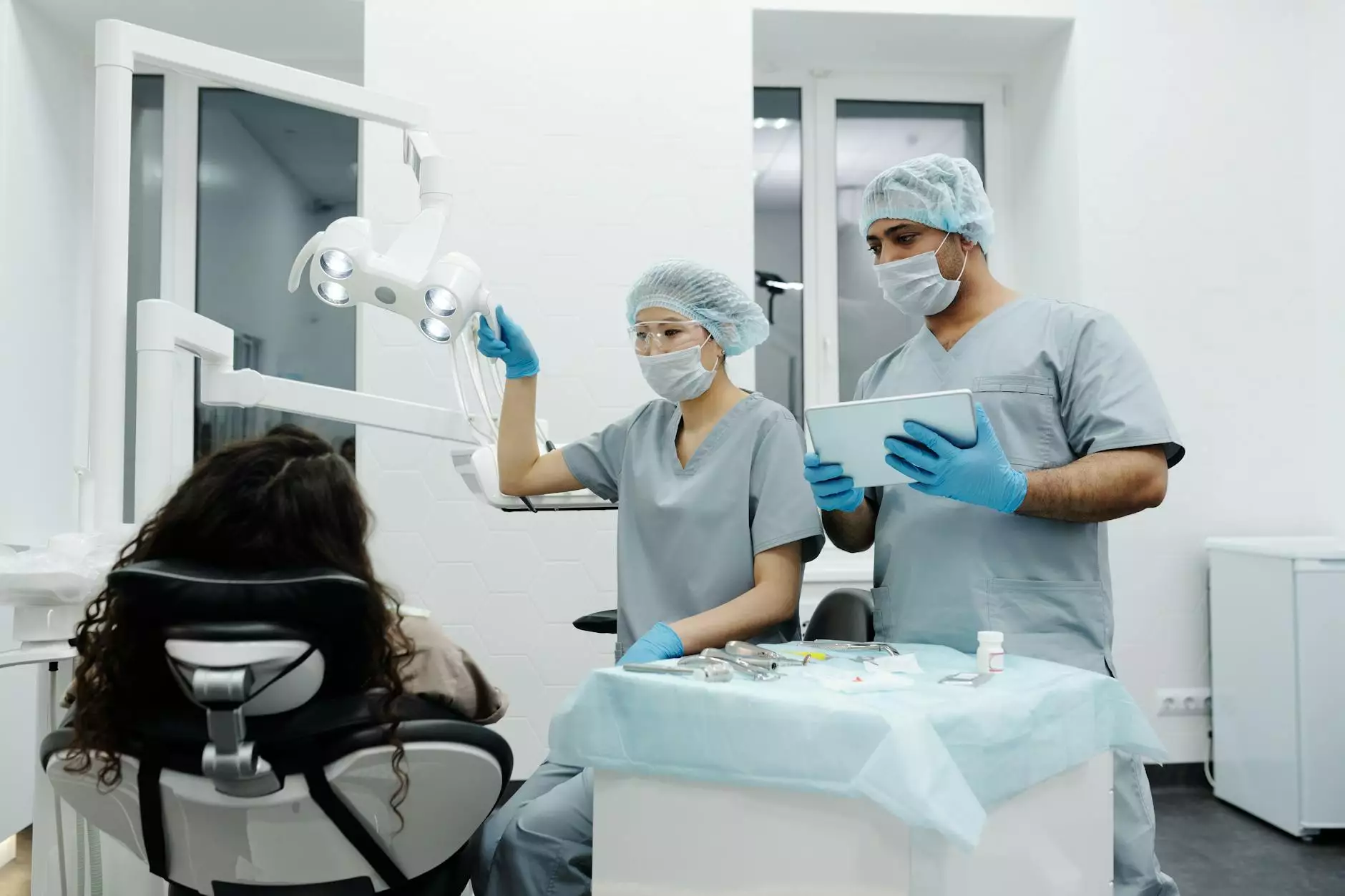Understanding the Increased Risk of Cancer After Hysterectomy

The decision to undergo a hysterectomy is significant and often arises from various medical conditions affecting women. While this surgical procedure can provide relief from painful symptoms and improve a patient's quality of life, it is essential to consider the potential implications it may have on health, particularly concerning the increased risk of cancer. In this article, we will explore this critical issue, providing insights into what patients should know before making such a pivotal health decision.
What is Hysterectomy?
A hysterectomy is a surgical operation that involves the removal of the uterus. This procedure may also include the removal of surrounding structures such as the cervix, ovaries, and fallopian tubes. There are various reasons why a woman might need a hysterectomy, including:
- Uterine fibroids: Noncancerous growths that can cause significant discomfort.
- Endometriosis: A painful condition where the tissue that normally lines the inside of the uterus grows outside.
- Abnormal bleeding: Heavy or prolonged menstrual bleeding that is unresponsive to other treatments.
- Uterine prolapse: A condition where the uterus slips down into the vagina.
- Cancer: To treat certain types of cancer, including uterine, ovarian, or cervical cancers.
The Connection Between Hysterectomy and Cancer Risk
One of the crucial considerations following a hysterectomy is the increased risk of cancer. Several studies indicate that women who have undergone this procedure may be at a higher risk for specific types of cancer, particularly those related to the reproductive system. Understanding these risks is vital for women who have had a hysterectomy or are considering one.
Types of Cancer Associated with Hysterectomy
The research indicates that the types of cancer potentially influenced by a hysterectomy include:
- Ovarian Cancer: The removal of the uterus may impact hormone levels, leading to an increased risk of ovarian cancer.
- Vaginal Cancer: Some studies suggest that women who have had a hysterectomy may face a higher incidence of vaginal cancer.
- Breast Cancer: Research indicates a possible relationship between hysterectomy and an elevated risk for breast cancer, primarily associated with the loss of ovarian function.
Understanding the Mechanism
To comprehend the increased risk of cancer following a hysterectomy, it is crucial to understand the biological and hormonal changes that occur:
- Hormonal Changes: The ovaries are responsible for producing hormones that regulate various body functions. Removal of the uterus, especially along with the ovaries, can lead to significant changes in hormone levels.
- Altered Microenvironment: The removal of the uterus and associated tissues can change the cellular microenvironment, which may influence cancer cell growth and dissemination.
- Genetic Factors: Individual genetics may also play a role in how a woman’s body responds post-hysterectomy and its susceptibility to cancer.
Preventive Measures and Post-Surgery Care
While a hysterectomy can be a necessary procedure, understanding and managing the associated risks is crucial for long-term health. Here are some preventive measures that can aid in reducing cancer risks post-hysterectomy:
Regular Health Screenings
It is vital for women who have undergone a hysterectomy to keep up with regular health screenings and gynecological examinations. This may include:
- Annual Pap smears (if the cervix is intact)
- Mammograms for breast cancer screening
- Pelvic exams to check for any unusual changes
Healthy Lifestyle Choices
Adopting a healthy lifestyle can significantly reduce the risk of cancer. Consider:
- Balanced Diet: Emphasize fruits, vegetables, whole grains, and lean proteins.
- Regular Exercise: Aim for at least 150 minutes of moderate aerobic activity each week.
- Avoiding Tobacco: Smoking is a known risk factor for numerous types of cancer.
- Limit Alcohol Intake: Alcohol consumption should be moderate, if at all.
Understanding Family History
Family history can influence an individual’s risk of developing cancer. Talk to your healthcare provider about your family’s medical history and consider genetic counseling if appropriate.
Consulting Healthcare Professionals
Before making the decision to undergo a hysterectomy, it is essential to have thorough discussions with healthcare professionals. This consultation should include:
- Understanding the necessity of the procedure
- Exploring alternative treatment options
- Discussing potential risks and benefits in detail
Why Choose Expert Care?
Choosing an experienced gynecologist or oncologist, such as those at Dr. Seckin's clinic, can provide personalized care and guidance throughout your journey. Skilled professionals not only perform the necessary procedures but also offer essential post-operative care and support in navigating potential risks.
Emotional and Psychological Support
It's also crucial to address the emotional aspects of undergoing a hysterectomy. Many women experience feelings of loss, anxiety, or depression post-surgery. Seeking support from counselors, support groups, or mental health professionals can aid in coping with these feelings.
Looking to the Future
The conversation about hysterectomy and increased risk of cancer is ongoing. Continued research into the long-term effects of hysterectomy surgeries is essential to ensure women's health is prioritized. Staying informed about the implications of this surgery and taking proactive measures can help empower women to make informed choices about their health.
Conclusion
In summary, while a hysterectomy can be a necessary and beneficial procedure for many women, it is paramount to remain vigilant about the potential risks that follow, including the increased risk of cancer. By understanding these risks, maintaining regular health check-ups, embracing a healthy lifestyle, and engaging with healthcare providers, women can navigate post-hysterectomy health with greater assurance.
For more information about managing health after a hysterectomy and to consult with experts in the field, visit Dr. Seckin's Clinic today.
hysterectomy increased risk of cancer








